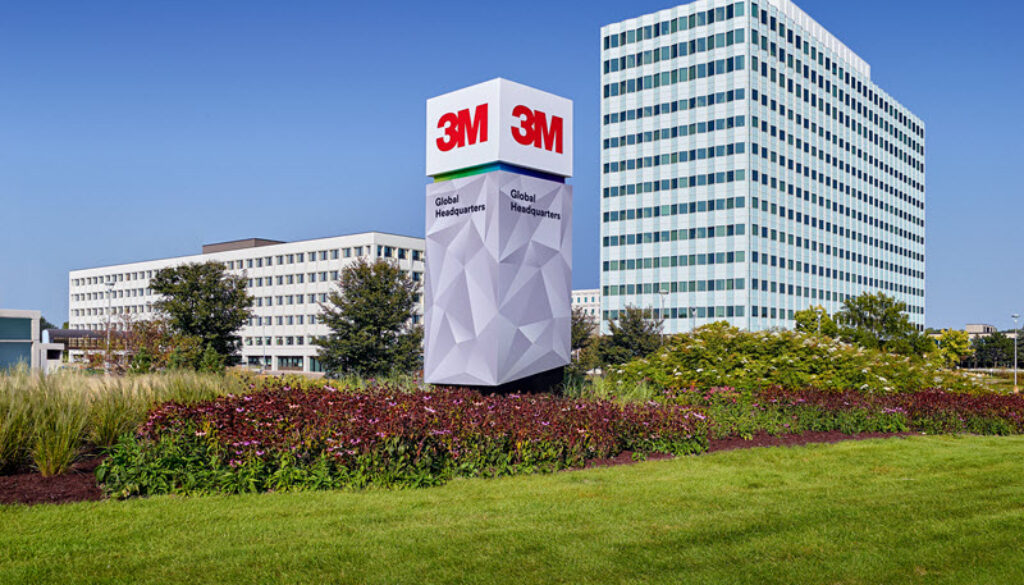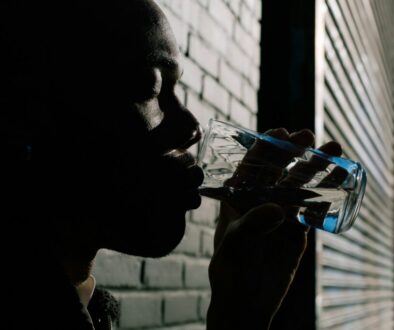3M settlement marks “significant step forward” for PFAS-contaminated communities
In a move that could help alleviate US public drinking water systems contaminated with harmful chemicals, the conglomerate 3M agreed last week to a settlement of at least $10.3 billion. The announcement comes weeks after the companies Dupont, Chemours, and Corteva agreed to pay about $1.2 billion to settle similar claims.
If approved, the settlement, which could total up to $12.5 billion, would be paid to affected communities over 13 years. The money would go towards the costs of testing for per- and polyfluoroalkyl substances (PFAS) and removing the toxic chemicals from drinking water.
“This settlement with 3M is a significant step forward in what has been many years of work to make sure that those responsible for the contamination of our nation’s drinking water supply with PFAS ‘forever chemicals’ pay for the damage – not the victims of the contamination,” said Rob Bilott, a lawyer who has spent decades exposing the dangers of PFAS chemicals, in a statement. Bilott serves as the court-appointed advisory counsel to the plaintiffs in this multidistrict litigation (MDL).
While the settlement should help communities receive the resources they need, “questions remain whether [the settlement] will cover all of the injuries that 3M caused,” said Carl Tobias, a law professor at the University of Richmond.
“The agreement does not resolve hundreds of cases that seek compensation for personal injuries and property damage,” said Tobias.
3M maintains that it is not liable and will continue to defend itself in the litigation if the agreement is ultimately not approved, the company said in a press release.
“This is an important step forward for 3M, which builds on our actions that include our announced exit of PFOA and PFOS [two types of PFAS] manufacturing more than 20 years ago, our more recent investments in state-of-the-art water filtration technology in our chemical manufacturing operations, and our announcement that we will exit all PFAS manufacturing by the end of 2025,” said 3M chairman and CEO Mike Roman in a statement.
PFAS, a class of thousands of chemicals sometimes called “forever chemicals” because they do not naturally break down, have been linked to health problems including cancer, decreased fertility, and kidney disease. Due to their ability to resist water, oil, and heat, PFAS have been used in consumer goods ranging from raincoats to nonstick cookware. Today, these humanmade toxins are found in the bodies of humans and animals worldwide.
The settlement announcement comes less than three weeks after the postponement of what would have been the bellwhether trial for the broader litigation in South Carolina. The City of Stuart, Florida, along with thousands of other cases, alleges that 3M knew for decades that PFOA and PFOS threatened human health and the environment but manufactured the chemicals anyway, including in firefighting foam.
While exposure to PFAS chemicals has become pervasive in modern life, the US may be reaching a turning point, said Emily Scarr, director of the Maryland Public Interest Research Group (PIRG), in a statement.
“These recent settlements, most notably 3M’s, could mean the beginning of the end for these dangerous chemicals,” she said.
“This settlement will go a long way toward cleaning up drinking water for millions of Americans, but the costs to our health and our environment are likely far larger. We need to keep holding polluting industries accountable so taxpayers don’t have to foot the bill.”
 EWG
EWG


